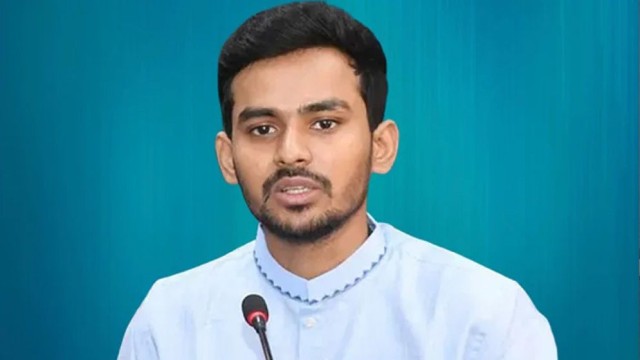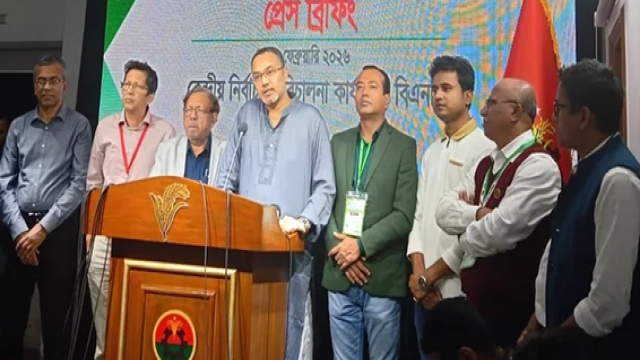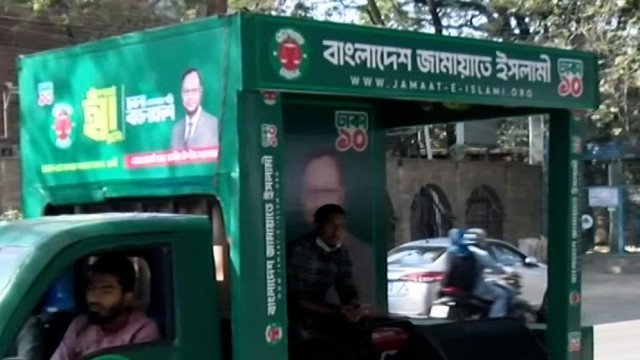Experts and stakeholders are gathering in Bangkok for a critical four-day meeting to discuss financing options and address problematic plastics as part of the ongoing effort to negotiate the world's first binding treaty on plastic pollution. This meeting is a preparatory step leading up to the final negotiations in late November in Busan, South Korea, where countries aim to reach an agreement on a comprehensive treaty to combat the global plastic pollution crisis.
Plastic pollution has become a pervasive issue, with microplastics found in diverse environments—from the deepest ocean trenches to the highest mountain peaks, and even in human breastmilk. Despite a doubling of plastic production over the past 20 years, and predictions that it could triple by 2060, more than 90% of plastic is not recycled. Instead, much of it ends up in natural ecosystems or landfills, exacerbating environmental degradation.
Negotiators have already met four times to discuss potential components of the treaty, which may include caps on production, standardized rules on recyclability, and bans on specific plastics or chemical additives. However, significant disagreements remain, particularly concerning whether the treaty will be adopted by consensus or majority vote, and whether it will address the regulation of plastic production directly.
The issue of plastic production is particularly contentious. While some countries, supported by environmental groups and the "high ambition coalition," advocate for curbs on new plastic production, others are hesitant. Recent reports suggest that the United States might support some production limits, although it remains unclear whether these would be mandatory or voluntary.
Another major point of contention is the binding nature of the treaty. Some nations favor strict, unified timelines for phasing out certain plastics, while others prefer more flexible approaches. The issue of financing—how to support the implementation of the treaty—also remains unresolved, with some countries pushing for financial assistance and others resisting such commitments.
In Bangkok, two expert groups are working behind closed doors on these issues. One group is focused on financing, including how to implement "polluter pays" principles and improve waste management systems. The other is working on identifying specific chemicals, plastic materials, and products that could be targeted for bans or reductions.
Despite the many unresolved issues, there is cautious optimism that a strong, effective treaty could be within reach. As Eirik Lindebjerg, the global plastics policy lead at WWF, noted, this is a "historic opportunity" to address one of the most pressing environmental challenges of our time.





























Comment: